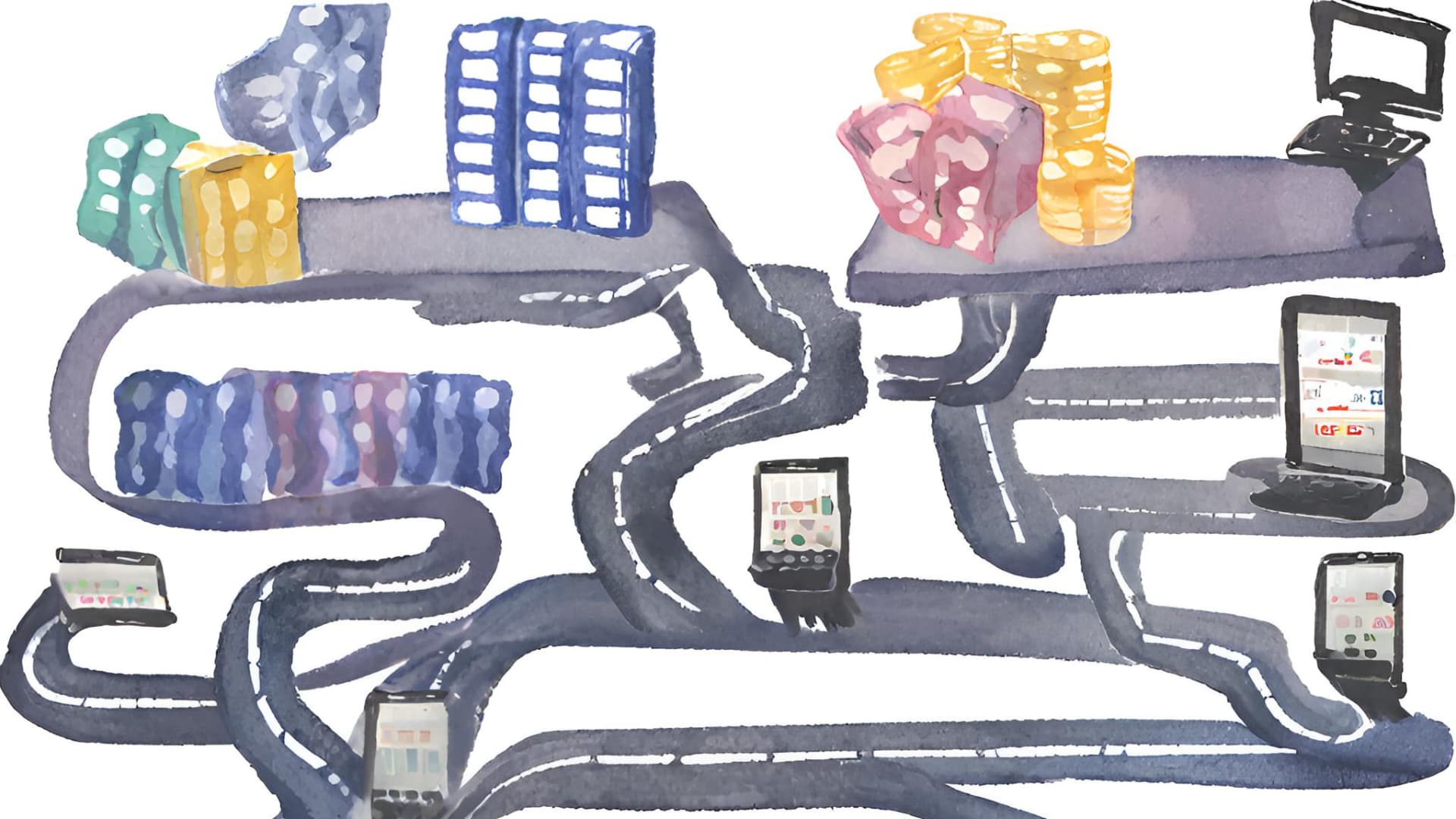The Importance of Unit-Economy in Online Gambling

Several well-known companies are excellent examples of businesses with strong unit economics. These companies often demonstrate profitability on a per-unit basis, which can be a critical factor in their overall success and scalability. These companies have successfully leveraged the scalability:
- Pokie Spins: Known as a secure online gambling platform in Australia, Pokie Spins benefits from a combination of one-time sales and subscription-based models. Their services address crucial bonus calculation and distribution tasks, ensuring a steady demand and thus a strong per-unit profitability.
- SAP: As a global leader in enterprise resource planning (ERP) software, SAP demonstrates strong unit economics through its large-scale software solutions for businesses. Their software helps streamline and automate business processes, creating value for customers and profitability per unit for the company.
- Evolution Gaming: Specializing in live dealer games, Evolution Gaming’s unit economics include the cost of setting up and running live dealer studios, including technology, staff, and maintenance, against the revenue generated from online casinos that stream these games. Their unique offering of live dealer games command premium pricing, which is beneficial for their unit economics.
All about Unit-economy
The concept of unit-economy proves to be an effective strategy in many industries, including the world of online gambling.
The optimization of revenue streams through the maximization of the value of each customer is a key goal for companies in this field, especially as the majority of revenue often comes from a small percentage of players.
By identifying these high-value customers and providing them with tailored experiences and rewards, companies can increase their profits and develop a loyal customer base. The unit-economy approach has proven successful in numerous other industries as well, from retail to healthcare, and is a valuable model for any company looking to boost their revenue streams.
For example the retail industry, which is constantly evolving, in an increasingly competitive environment it is crucial for retailers to keep track of their costs and revenues. This is where the application of unit economics approaches comes into play.
By analyzing the unit economics, retailers can identify their profitability at the product level, making it easier for them to make informed decisions and optimize their pricing strategies. Additionally, unit economics approaches enable better inventory management, helping retailers to reduce the risk of overstocking or understocking.
With the insights derived from unit economics, the retail industry can efficiently allocate resources and maximize profits in today’s fast-paced business environment.
In the healthcare industry, the unit-economy approach has become increasingly important over the years as the industry undergoes significant changes in the way healthcare services are delivered. This approach analyzes the cost of each unit of a product or service, providing a clear picture of the financial viability of both the sector as a whole and individual companies within it.
By incorporating a unit economics framework, healthcare providers can establish and understand the direct costs associated with each unit, allowing them to gauge the correct course of action to take. These might include identifying areas of improvement, optimizing operations, or restructuring the pricing strategy for different services.
Ultimately, unit economics has been proven to be a powerful analytical tool that can transform healthcare delivery, making it a critical component of the industry in the coming years.
Methods of maximising customer value in companies
As technology evolves, online gambling companies can leverage data and machine learning to gain insightful customer behavior patterns and trends. These insights can be mined to create personalized marketing campaigns that are tailored to individual customers. By developing profitable relationships with customers, online gambling companies can retain existing customers, increase lifetime value, and attract new customers. In the world of online gambling, companies can stay ahead of the competition by using data and machine learning in the creation of relevant, personalized marketing campaigns.
Digital transformation in companies
The digital transformation of the online gambling industry has been truly remarkable! It has breathed new life into what was once a stagnant and past-its-prime industry.
Now, companies can harness the power of cutting-edge technology to understand their customers on a deeper level and align their strategies with what consumers really want. And with mobile and social media platforms serving as a gateway to new audiences, there’s no limit to the amount of success these companies can achieve.
The possibilities are endless! As someone who loves to stay up-to-date with the latest advancements, the digital transformation of the online gambling industry is something to be incredibly excited about. I can’t wait to see what the future holds!
Key benefits of the unit-economy
The unit-economy approach has proven to be a valuable tool for gambling companies in creating more efficient and effective marketing campaigns, ultimately leading to higher profitability and sustainable growth.
With data and analytics at their fingertips, companies can target specific demographics and behaviors to maximize their ROI, rather than hoping for the best with a wide net approach. One of the greatest advantages of this system is its ability to adapt quickly to changes in the marketplace.
By constantly monitoring customer behavior and feedback, these companies can make informed decisions about product offerings, pricing, and promotions. The agility facilitated by the unit-economy approach ensures companies stay ahead of their competitors and relevant in an ever-changing marketplace.
Conclusion
As the online gambling market becomes increasingly competitive and dynamic, it is crucial for companies to embrace the unit-economy approach to succeed. By focusing on optimizing revenue from a smaller set of high-value customers using data and analytics, online gambling companies can develop marketing campaigns that are efficient and effective. With the advent of digital transformation, the industry has made significant progress in data collection and analysis, presenting an opportunity for gambling companies to craft personalized experiences for their customers. Overall, failure to adopt the unit-economy approach risks hampering a company’s performance in this increasingly profitable industry. The unit-economy approach remains a vital game-changer that firms cannot afford to disregard.




